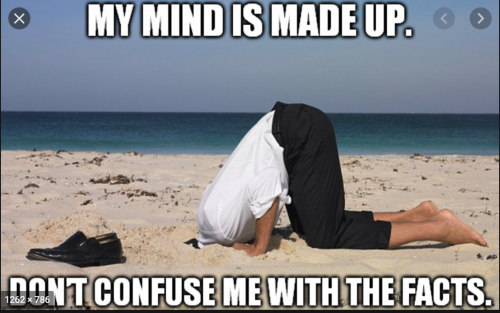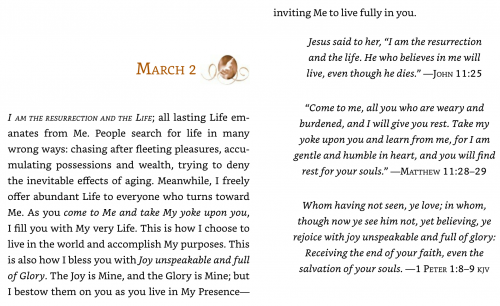One of the phrases that has stayed with me from studying Latin in the seminary is “Quidquid recipitur ad modum recipientis recipitur.” This statement is not only kind of fun to say, but it has been critical to my understanding of how we process information. Directly translated, it means “Whatever is received is received according to the manner of the receiver.” Thirteenth-century scholastics such as John Duns Scotus (1266–1308) and Thomas Aquinas (1225–1274) intuited this. It was early psychology before we thought we had psychology! What it means, in other words, is that we don’t see things as they are; we see things as we are. We see the things we want to see, the things that confirm our assumptions and our preferred way of looking at the world. [1] Brian elaborates today on how confirmation bias, which he believes is the most powerful, operates:
We all have filters, [such as] What do I already believe? Does this new idea or piece of information confirm what I already think? Does it fit in the frame I’ve already constructed?
If so, I can accept it.
If not, in all likelihood, I’m simply going to reject it as unreasonable and unbelievable, even though doing so is, well, unreasonable.
I do this, not to be ignorant, but to be efficient. My brain (without my conscious awareness, and certainly without my permission) makes incredibly quick decisions as it evaluates incoming information or ideas. Ideas that fit in are easy and convenient to accept, and they give me pleasure because they confirm what I already think.
But ideas that don’t fit easily will require me to think, and think twice, and maybe even rethink some of my long-held assumptions. That kind of thinking is hard work. It requires a lot of time and energy. My brain has a lot going on, so it interprets hard work like this as pain. . . .
Wanting to save me from that extra reframing work, my brain presses a “reject” or “delete” button when a new idea presents itself. “I’ll stick with my current frame, thank you very much,” it says. And it gives me a little jolt of pleasure to reward me for my efficiency. [2]
The Rev. Dr. Jacqui Lewis, who is Brian’s and my mutual friend, speaks of confirmation bias in this way:
“We are all wired by what we’ve experienced to be in search of a story with an ending . . . that feels like it has a completion. And the stories that we gravitate to are the ones that make sense to us, stories that fit, stories that feel like they have continuity, connection to the past, where we’ve been. . . . Those stories that we will follow are the ones that feel true, feel like they have continuity to our past and that resonate with the trajectory of our lives. So, we’re looking for the story that doesn’t necessarily change our minds; we’re actually looking for the story that confirms what’s in our minds.” [3]

